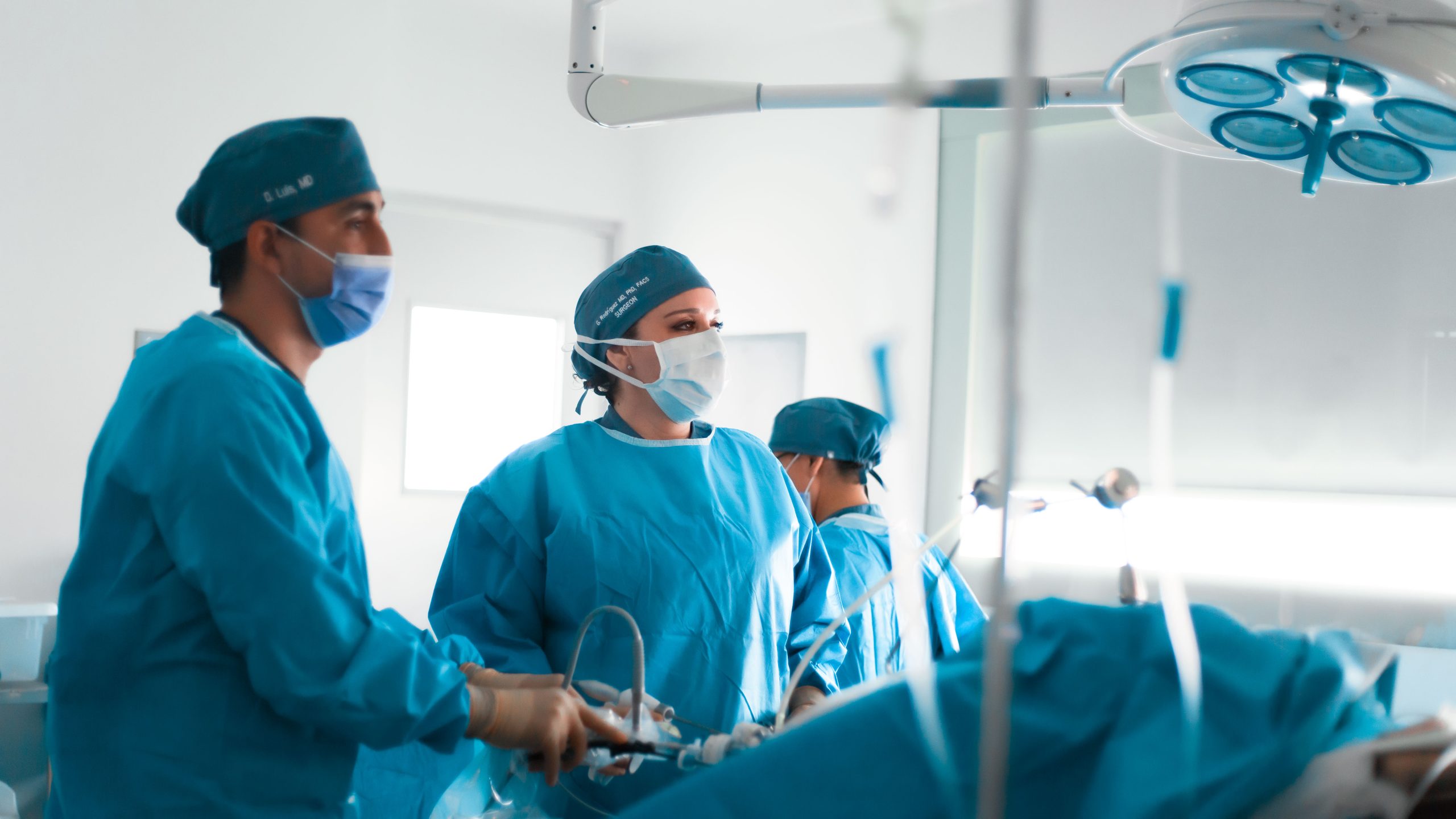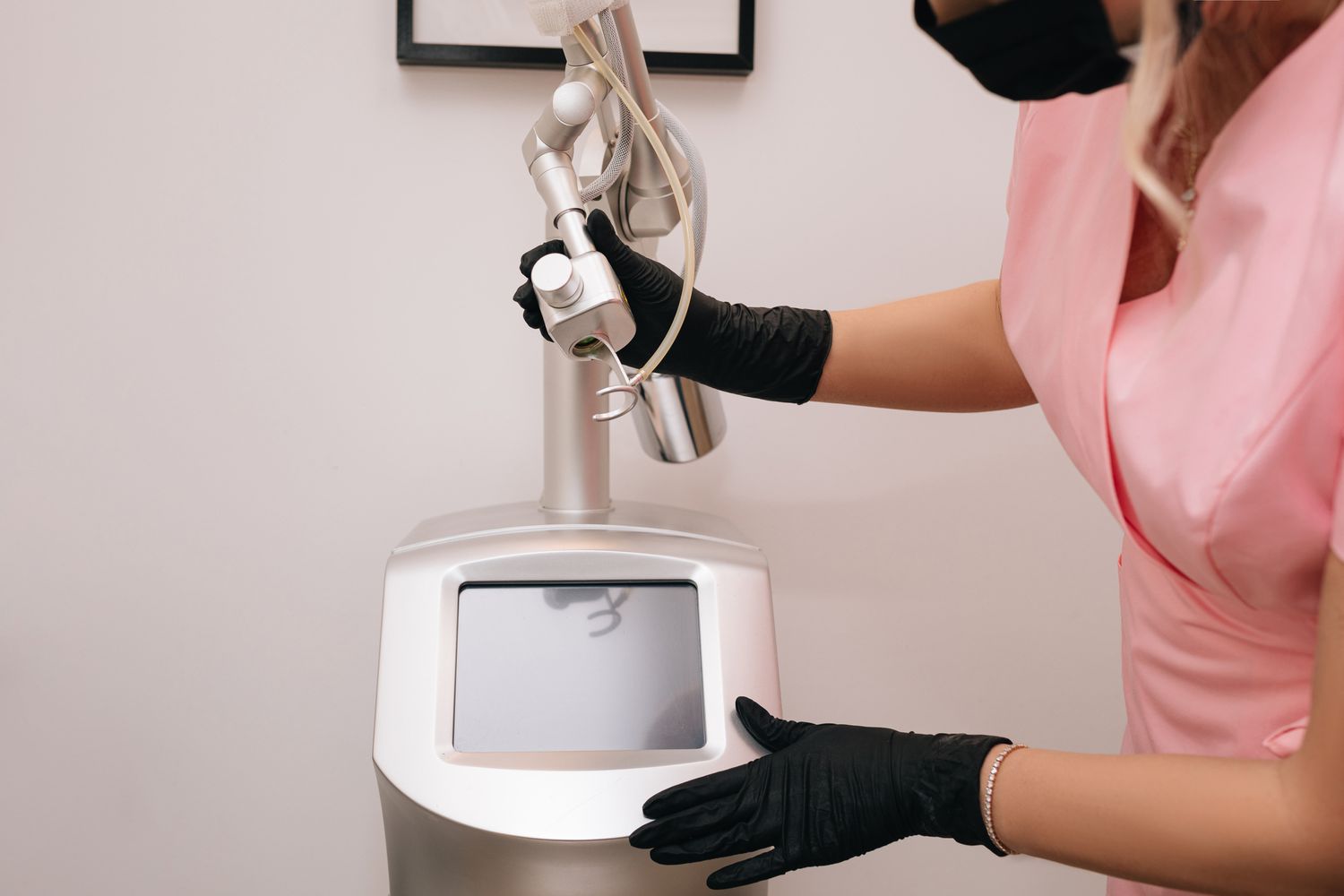Understanding Weight Regain After Weight Loss Surgery
Bariatric surgery is a life-changing procedure that can lead to significant weight loss and improve overall health for individuals struggling with obesity.
As the American Society for Metabolic and Bariatric Surgery (ASMBS) states, “Bariatric surgery is a proven approach to effective, long-term weight loss for those who have not achieved lasting success with diet and exercise alone.”
However, the journey doesn’t end there, as some individuals may encounter the challenge of weight regain in the years following their surgery. As time passes, various factors can come into play that may contribute to weight regain. Factors such as lifestyle changes, dietary habits, and even psychological factors can influence the trajectory of a person’s weight.
Initial Weight Loss
One of the most encouraging aspects of bariatric surgery is the remarkable initial weight loss it offers to patients. In the months following the procedure, patients often experience a significant reduction in body weight. This weight loss can be truly transformative, leading to improvements in various obesity-related health conditions, such as type 2 diabetes, hypertension, and sleep apnea. Patients frequently report enhanced mobility, increased energy levels, and a boost in self-esteem during this phase.
The Chance of Regaining Weight
It’s essential to understand that bariatric surgery is not a guarantee against future weight regain. While it provides a powerful jumpstart to weight loss, some people may find themselves facing the challenge of regaining weight as time goes on.
“You have to take into account that this surgery is a tool, it’s not the easy way out. After the surgery you won’t be able to eat the same quantities of food as you used to eat before, it’s going to be around 1/3 of what you used to eat.” Dr. Gabriela Rodriguez states.
What leads to Weight Regain
There’s several factors that can make you gain weight again after bariatric surgery. It’s important to recognize and address these factors to prevent this, the main reasons for weight regain are:
- Diet: Post-surgery dietary choices play a significant role in determining long-term success. Patients must stick to dietary guidelines, which often include portion control and the avoidance of high-calorie, high-carbs foods.
- Exercise: Regular physical activity is essential for maintaining weight loss and overall health. Lack of exercise can lead to reduced calorie expenditure and weight regain.
- Psychological Aspects: Emotional eating, stress, and other psychological factors can impact eating behaviors and contribute to weight regain.
Preventing Weight Regain
It is essential to recognize that successful weight loss is just the first step on the journey to a healthier life. Preventing weight regain after bariatric surgery is a crucial aspect of long-term success.
“It is important to prioritize the food that is going to nourish you and give you all the elements for your normal living functions instead of just the things that you like. Prioritize your protein intake, avoid drinking your calories, that’s going to be your worst enemy and try to reduce at least 1/6 off your diet, the processed carbs.” States Dr. Gabriela Rodriguez, Bariatric Surgeon.
Here’s a few more tips:
- Follow your surgeon’s post-operative guidelines.
- Eat a balanced, nutrient-dense diet.
- Practice portion control and avoid overeating.
- Limit liquid calories, sugary drinks, and alcohol.
- Eat slowly and chew thoroughly.
- Stay hydrated.
- Include regular exercise in your routine.
- Seek emotional support through support groups.
In the journey towards better health and improved quality of life, bariatric surgery serves as a powerful tool, to sustain success, ongoing commitment, healthy habits, and support are crucial. Regular check-ups, a balanced diet, an active lifestyle, and emotional well-being all play pivotal roles.





